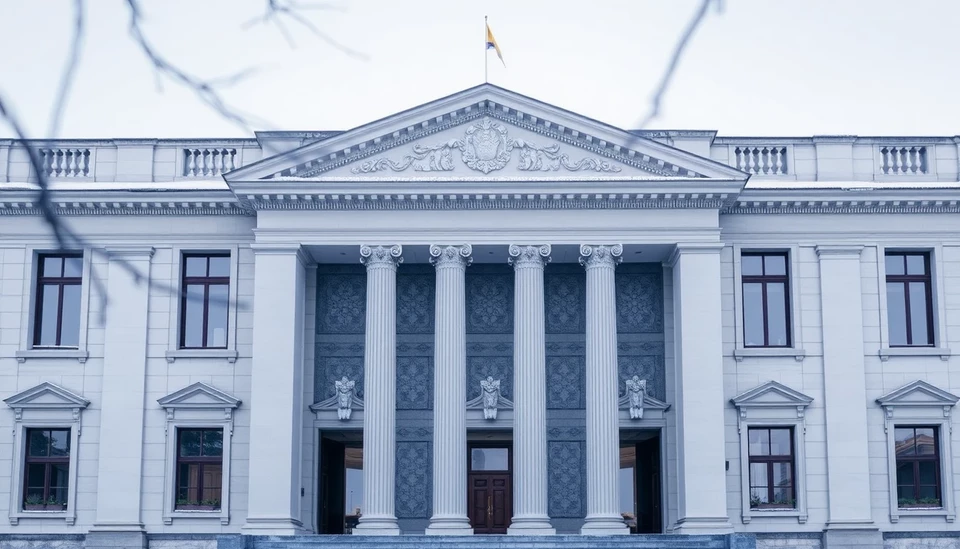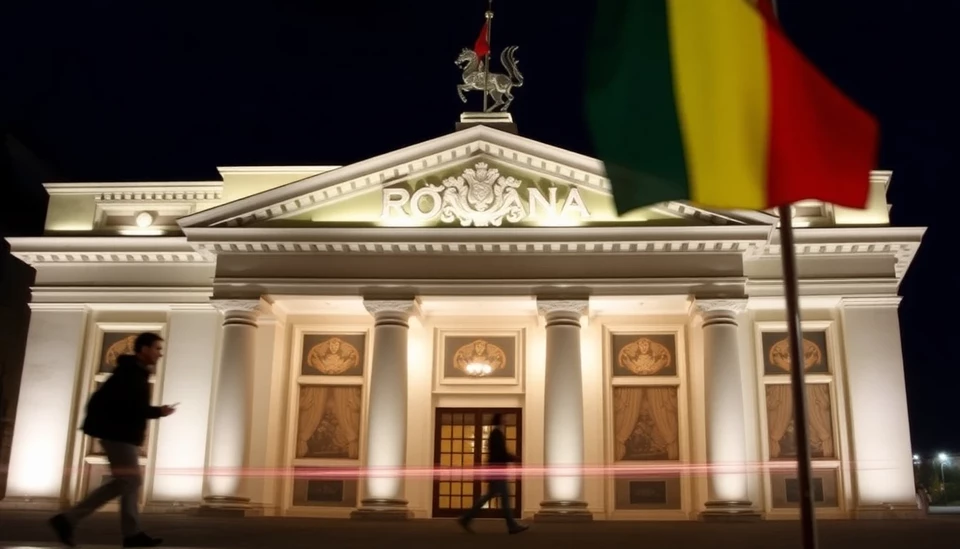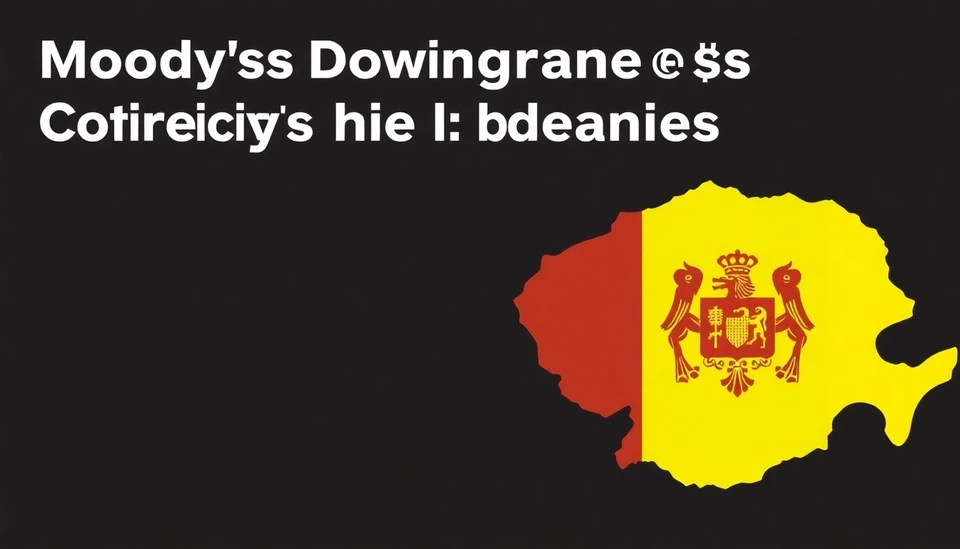
In a significant move ahead of the upcoming elections, Romania's central bank has announced its decision to maintain a pause on interest rates. This strategy reflects an attempt to stabilize the economy amid ongoing inflationary pressures as the nation prepares for a critical political transition.
The National Bank of Romania (NBR) has held the benchmark interest rate steady at 7% since May 2023. Analysts suggest that this pause is a strategic choice to provide economic predictability and capitalize on the current economic climate, allowing consumers and businesses to plan for the near term without the uncertainty brought by fluctuating interest rates.
Governor Mugur Isarescu reaffirmed the bank's commitment to addressing inflation, which has gradually decreased from its peak earlier in the year. The latest reports indicate that inflation has stabilized around 5.6%, down from a high of over 15% observed in 2022. This trend is a promising sign for the Romanian economy, suggesting that the measures taken by the NBR are beginning to have the desired effect.
The landscape ahead of the elections, scheduled for the end of this month, remains complicated. Political tensions are heightened, and economic policies are poised to play a crucial role in voter decision-making. The central bank's choice to keep interest rates unchanged may be an effort to demonstrate a stable economic environment to citizens wary of the implications of political upheaval.
Market analysts are watching closely as the election date approaches, with the NBR's rate decision set against a backdrop of economic recovery and political uncertainty. The bank is expected to reconvene post-election to reassess and potentially adjust its monetary policy based on the incoming government’s economic priorities and the global economic situation.
The upcoming elections will be critical not only for determining the political leadership but also for shaping the future economic direction of Romania. Voters will be looking for assurances regarding inflation control, economic growth, and overall financial stability in the face of what has been a tumultuous economic backdrop influenced by both domestic challenges and external factors such as geopolitical tensions and global market shifts.
In conclusion, Romania's central bank has adopted an approach of caution by pausing interest rates, a decision that responds to both economic realities and the political climate as the nation prepares for a pivotal electoral process. Stakeholders will be keenly observing the implications of these developments on Romania’s financial landscape in the near future.
Hashtags:
#Romania #CentralBank #InterestRates #Economy #Elections #Inflation #FinancialStability
Author: Laura Mitchell




